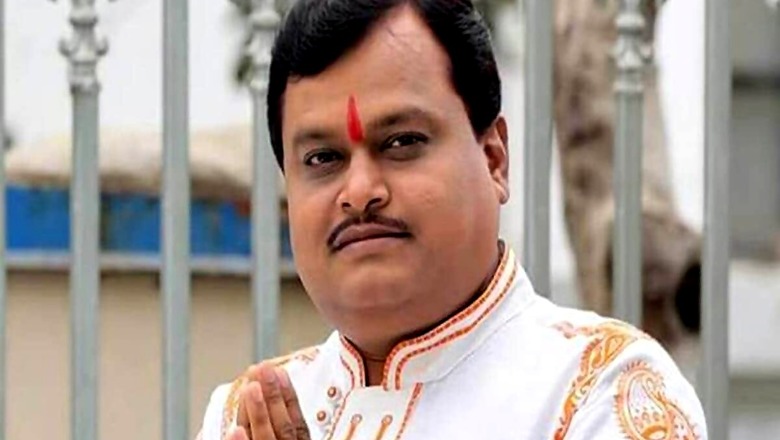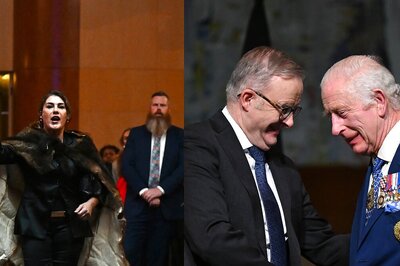
views
One person of a television news channel has tried to create a canard out of nothing. He circulated a video clip in social media trying to instil a misplaced sense of fear among the masses that the selection of Muslim candidates into the civil services by the UPSC is actually their ‘intrusion’.
He says, “Imagine, if Jamia’s jihadis are your district magistrates and secretaries in ministries; then what will happen.” He added that he was going to “expose such ‘occupation’ of the executive which is the most important wing of democracy”. He called his upcoming series of TV programmes a “mega campaign against this ‘bureaucratic jihad'”, connected it in his related tweet to #UPSC_Jihad and his TV screen screams this a “conspiracy”.
All this is obviously with a nefarious design and an ulterior motive.
This is a clear case of multiple crimes of casting aspersions on and doubting the integrity of the Union Public Service Commission which is a sacred constitutional body. It is also an attempt in creating hatred among the people of India on grounds of religion.
Both the video clip and the tweet are also in clear violation of Article 51A of the Constitution, according to which every citizen is duty bound to uphold and protect the sovereignty, unity and integrity of India and to promote harmony and the spirit of common brotherhood among all the people of the country, transcending religious or sectional diversities.
Thus, the TV channel and its head are guilty of crimes that are punishable under the Indian Penal Code (IPC) Section 124A, sedition, according to which whoever brings or attempts to bring in hatred or contempt, or attempts to excite disaffection towards the government established by law in India, shall be punished with imprisonment for life and fine. Section 121 prescribes punishment for waging war against the government of India, or attempting to wage such war or abet the waging of such war. Section 153A prescribes punishment for promoting enmity between different groups on grounds of religion and doing acts prejudicial to maintenance of harmony. Section 295A gives punitive action in cases of deliberate and malicious acts, intended to outrage religious feelings of any class by insulting its beliefs.
The channel is also liable to explain its conduct under the Cable TV Networks Regulation Act where Section 19 says that in order to protect public interest the authorised officer is duty bound to prohibit transmission of certain programme if it is not in conformity with the Programme Code (Sec 5, Rule 6) or Advertising Code (Sec 6, Rule 7) or if it is likely to promote hatred or ill-will between different religious communities or which is likely to disturb public tranquility.
According to Section 20(2)(iv), in order to protect public interest, decency or morality, it is the central government’s duty to regulate or prohibit the transmission of any channel or programme. Section 20(3) enjoins the central government’s duty to regulate or prohibit the transmission of any programme that is not in conformity with the Programme Code (Sec 5, Rule 6) or the prescribed advertisement code referred to in (Sec 6, Rule 7).
In the Cable Television Networks Regulation Rules 1994, Rule 6(1) says that no programme should be carried in the cable service which offends against good taste or decency or contains attack on religions or communities or visuals or words contemptuous of religious groups or which promote communal attitudes. Rule 7(3A) says that no advertisement shall contain reference which hurts religious sentiments.
In the Policy Guidelines for Uplinking and Downloading of TV Channels (I&B Ministry, GoI, Circular No. 1593/21/2017-TV(1) dt. 30.04.2020) clause 8(3) says that it is the TV channel’s duty to facilitate the monitoring of programmes or contents by the representatives of the ministry or any other government agency, as and when required. Thus the Indian legal system is quite robust to take on the likes of this channel and its functionaries particularly when the nation has risen against them.
(Author is president of Zakat Foundation India. He is an Indian Civil-Servant and former ‘Officer on Special Duty’ for Prime Minister Dr Manmohan Singh. Views expressed are personal.)




















Comments
0 comment